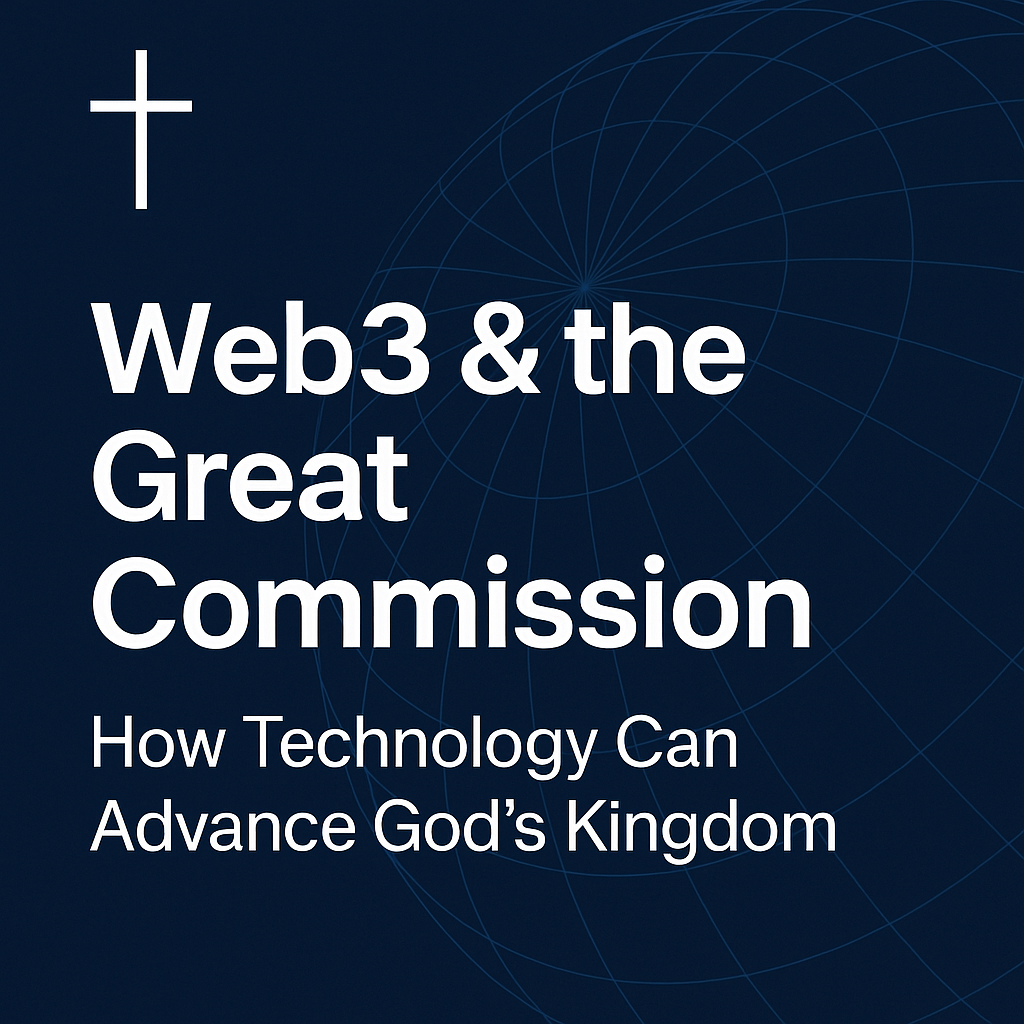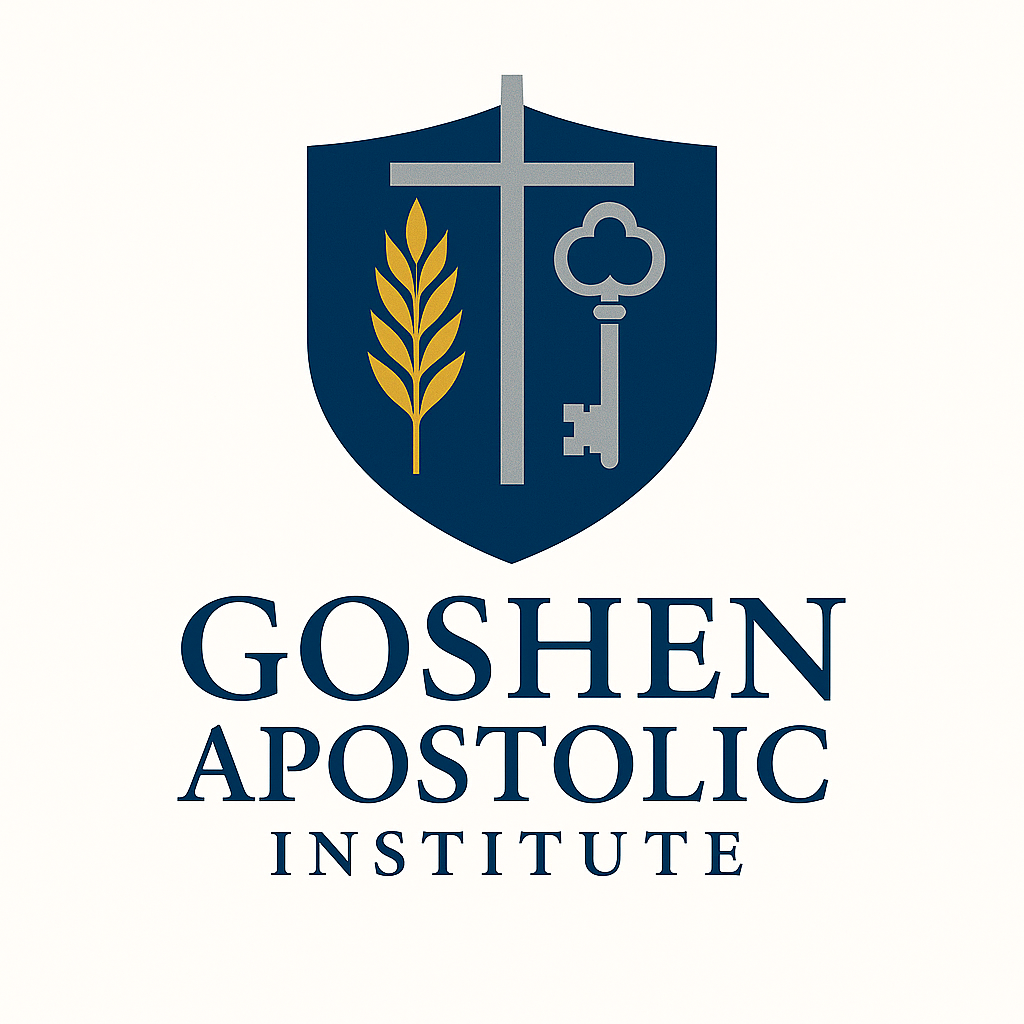
As Christian leaders, we’re called to be wise as serpents and harmless as doves (Matthew 10:16). That means understanding the times (1 Chronicles 12:32) and stewarding every tool available for the Great Commission.
Today, we’re entering the Web3 era—a new phase of the internet built on blockchain, cryptocurrency, and decentralized systems. While some see it as just another tech trend, what if it’s a divine opportunity for the Church?
Why Should Christian Leaders Care About Web3?
The early Church used the Roman roads to spread the Gospel. The Reformation leveraged the printing press. Today, God has placed digital tools in our hands—tools that can:
- Protect persecuted believers from censorship
- Fund global missions without government interference
- Reach digital natives in virtual spaces like the metaverse
This isn’t about chasing trends—it’s about redeeming technology for Kingdom purposes.
5 Ways Web3 Can Empower the Church
1. Secure, Uncensorable Communication
In many nations, Christians face surveillance, bans, and persecution. Decentralized platforms (built on blockchain) allow believers to share Scripture, testimonies, and discipleship materials without fear of shutdown.
Imagine a global, uncensorable Acts 2 network where the Church thrives even under oppression.
2. Transparent, Trustless Giving
Malachi 3:10 calls us to faithful stewardship. Blockchain-based giving ensures donations reach their intended purpose with full transparency.
No more wondering if funds were misused—every transaction is public, verifiable, and tamper-proof.
3. Financial Freedom for Missions
Cryptocurrencies like Bitcoin operate outside traditional banking systems. For missionaries in closed countries or persecuted believers, this means:
- Bypassing restrictive governments that block funding
- Sending support instantly to underground churches
- Protecting donors & recipients from retaliation
4. Digital Outreach in the Metaverse
The next generation isn’t just online—they’re in virtual worlds.
What if we planted digital churches in the metaverse? Held virtual revivals? Created immersive Bible experiences?
The fields are digital, and they’re ripe for harvest (John 4:35).
5. Decentralized Discipleship
Web3 allows peer-to-peer learning without centralized control. Imagine:
- A global, tamper-proof library of discipleship content
- NFT-based Scripture art that funds Bible translation
- Smart contracts automating missions funding when goals are met
The End-Time Implications
Revelation speaks of a world where economic control (Revelation 13:17) and censorship seek to silence the Church.
Web3 could be part of God’s provision—a way for believers to communicate, give, and gather even under persecution.
What’s Our Next Move?
We don’t worship technology, but we steward it wisely. The early Church turned the world upside down (Acts 17:6). Today, we must ask:
- How can we use Web3 to spread the Gospel further?
- How do we prepare for increasing censorship?
- What would digital resilience look like for the global Church?
The tools are here. The mission is clear.
Let’s redeem technology for Kingdom impact.
What are your thoughts?
How do you see Web3 intersecting with faith? Let’s discuss in the comments!
